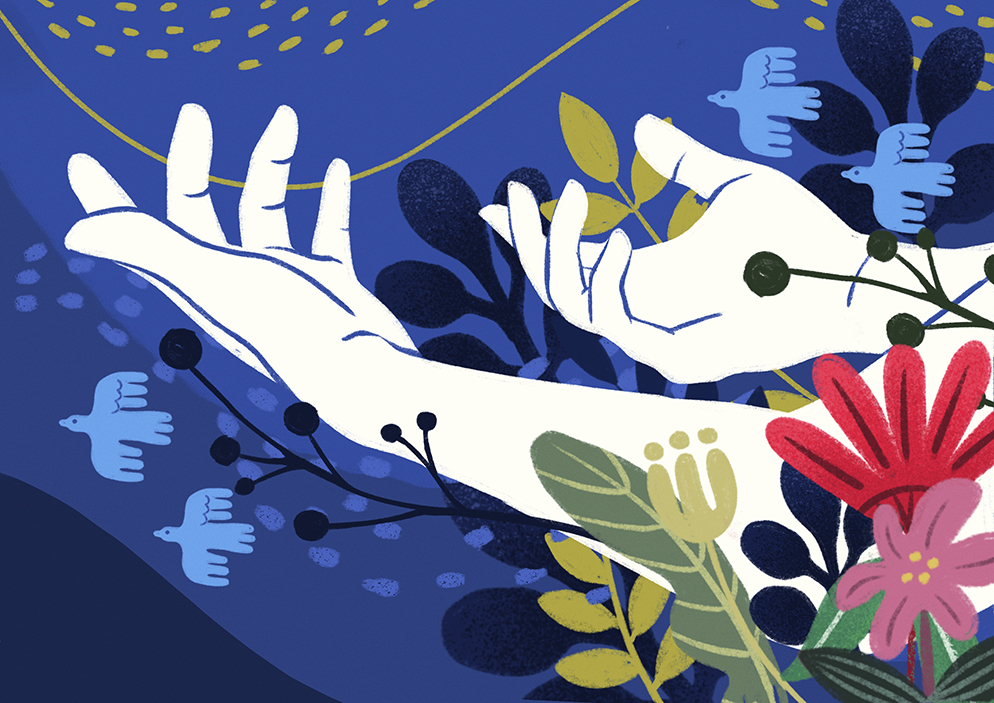
Published by the
Office of University Development and Alumni Affairs
Ateneo de Manila University
Fr Norberto "Kit" Bautista SJ
Publisher
Rica Bolipata-Santos PhD
Editor-in-Chief
KD Suarez
Editor
Margarita Santos
Franchette Mary Therese Silva
Renée Nuevo
Contributors
Andrea Bautista
Art Director/Graphic Designer
Ateneo alumni can update their information by emailing OUDAA at
alumnirelations@ateneo.edu
Contributions
fabilioh@ateneo.edu
Facebook
facebook.com/AteneoOAR

